Are You Onboard With Electric Cars?
Posted
on Wednesday, 16 March 2022
by CarTakeBack
While there is a clear enthusiasm from a large proportion of the public for more environmentally friendly travel alternatives, sometimes only a car will do. The future of the four-wheeled phenomenon, which we've enjoyed and relied on since the early 1900's, is heading one way, and that's electric. But not everyone is onboard with this energy development.
We're all aware of the positives of electric vehicles (EVs), and looking at the grey fumes from the exhaust of an old car, or hearing about the thousands of tragic deaths every year now associated with urban air pollution, it's not hard to feel enthused about any 'clean' alternative. But even with EV sales rising and some states, such as ACT, setting goals for all new cars to be zero-emission vehicles by 2030, after surveying recent customers about their views, it seems there are a number of concerns that plague the popularity and progress of electric vehicles.
At CarTakeBack, our concern is recycling any vehicle that's come to the end of its life, in a responsible way; ensuring that the environment is protected in that process. Doing that job well, which we do, means we are party to much more of the manufacturing process than you might imagine… so we thought we'd help keep you 'in the know' about EV technology today and where we all go from here!
Tackling The Myths Around EV Technology
Myth number 1: "electric cars are creating a future nightmare - the disposal of batteries"
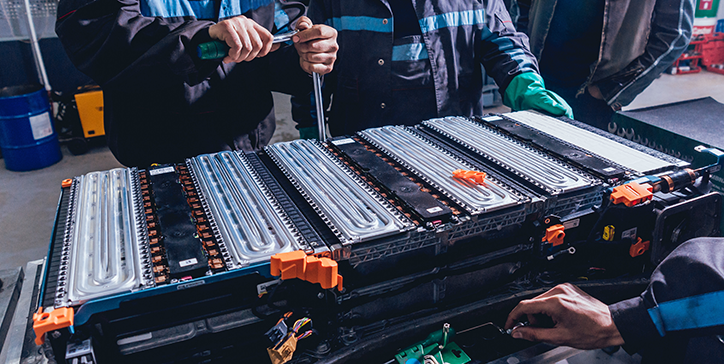
Well, we have to admit it's not simple, but it's not a nightmare either!
Here's our resident EV expert, Ken Byng, to explain: "EV Batteries can be recycled. In fact, in the future, the key materials needed for new battery manufacture will not be sufficient to meet demand, so recycling will be essential.
There isn’t currently any legislation in Australia for battery recycling, so there isn’t sanctioned pressure on the industry to respond. However, as an unavoidable issue, organisations have started to rise to the challenge and we are hopeful that official recycling targets will be set in the future to ensure the whole industry is compliant.
Australia does already have a specialist battery recycling facility, which is a huge positive for the whole car industry in Australasia and of course for members of the public concerned about the whole-life impact of EVs.
Here at CarTakeBack we continue to support various research projects and federal initiatives on end-of-life electric and hybrid vehicle developments and battery handling. We consider it a responsibility to our customers and the environment to ensure the safe and responsible handling of any vehicle technology or material that has to be processed as the car industry progresses."
Myth number 2: "electric vehicles are as bad as fossil fuels"
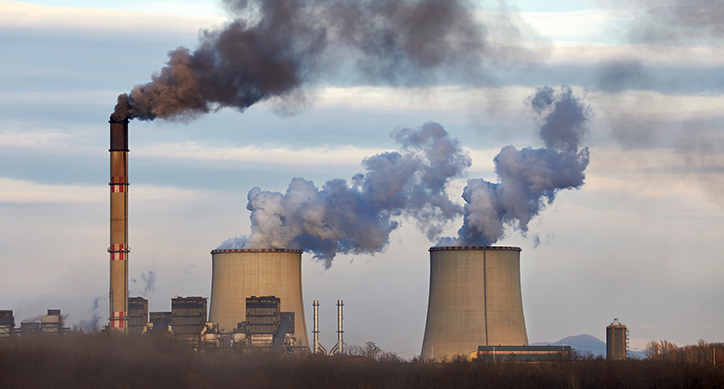
The energy used to manufacture and power an EV is not truly emissions free, yet. But here in Australia, although we are far from fossil fuel free, the growth in sustainable energy is starting to have an impact, with promises made to deliver net zero emissions by 2050.
In short, charging an EV does not unquestionably lead to the generation of harmful emissions at the same level of a traditional fuelled vehicle.
The key point here is that choosing combustion-powered vehicles means ongoing fossil fuel use and unavoidable emissions. By choosing EVs we are supporting the switch to a zero carbon society and the progress that can be made towards that overall goal as and when it's possible.
Myth number 3: "an older car kept on the road causes less pollution than making a new car"
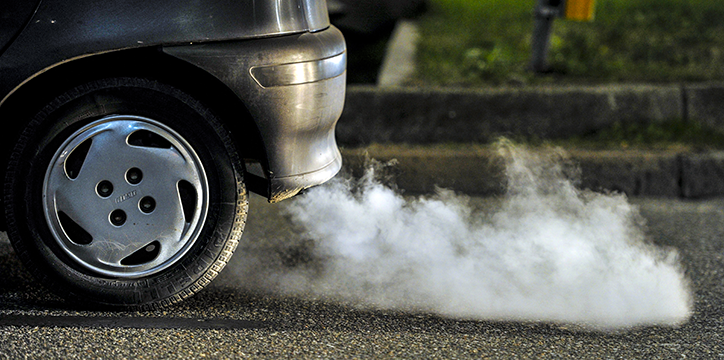
Research has shown that manufacturing EVs doesn't necessarily use any more energy than manufacturing conventionally fuelled cars. Obviously making any new car takes energy, which at this moment in time, is not emission-free.
Drivers will want to renew their cars at some point regardless, and keeping an older, polluting car on the road is more harmful to the environment, especially as higher mileage vehicles become less efficient with use. Put simply, replacing an older polluting car with an EV removes the tailpipe emissions from the environment – especially if that older car is scrapped.
Myth number 4: "we should just wait for hydrogen fuelled cars to be widely available"
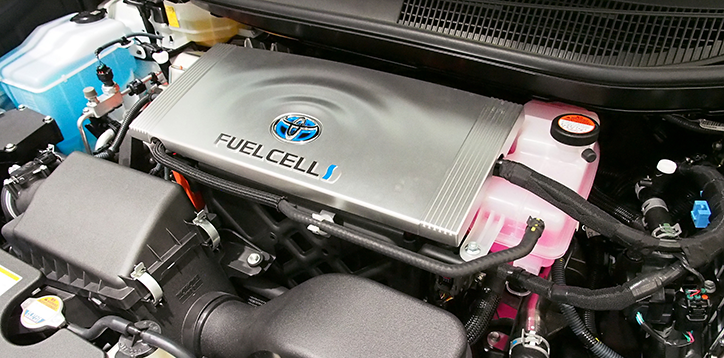
Whilst some manufacturers are investing vast sums in developing long-range Hydrogen Fuel Cell vehicles, this technology just isn't close to being a mass-produced alternative to EVs. Hydrogen fuel is complex, expensive and reliant on high levels of energy to harvest and process it.
In Australia we're at least 30 years away from being able to manufacture ‘green’ hydrogen for the whole country i.e. where the process to create hydrogen is powered solely from renewable sources, and where the carbon by-product of its production is captured rather than released into the atmosphere. (‘Blue’ hydrogen is an interim option, but this process generates significant greenhouse gas emissions.)
The practical issues relating to hydrogen:
- Hydrogen is relatively expensive. Refuelling a hydrogen fuel cell vehicle is currently not much cheaper than refuelling a conventionally powered vehicle with petrol or diesel, and much more expensive than charging an EV.
- There are currently only 3 hydrogen refuelling stations in the whole of Australia, all of which are on the South East coast - Fyshwickin in New South Wales, Altona North in Victoria and Pinkenba in Queensland - and they all require notice for use.
- Hydrogen is difficult to transport to refuelling stations and then store due to its lower density (compared to petrol or diesel) meaning it requires larger containment.
- Hydrogen is highly flammable and odourless, meaning any leaks need to be detected using specialist equipment - another cost and safety consideration for wider use.
The issues of cost and charging are still huge practical barriers for many of you, but they're topics for another blog! For today, we hope we've tackled the EV technology myths that may have troubled you.
CarTakeBack's Take On EVs Today
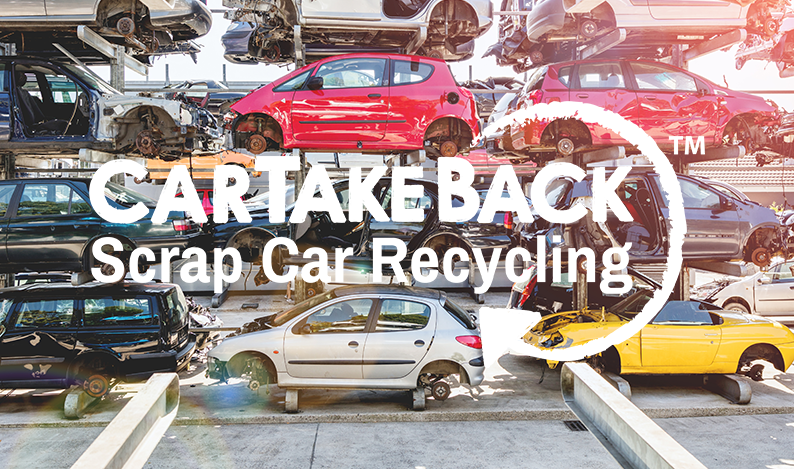
We're due to see some of the industry's biggest developments in the next decade as we move towards the mass manufacture of alternative-fuel cars.
At CarTakeBack, we're already several years into our global work related to EV end-of-life processing and here in Australia we continue to advise dismantlers on how to safely handle EV batteries. This means, today, we can provide a safe and effective EV recycling service to Australia.